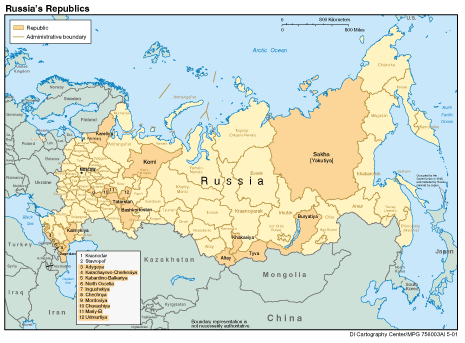|
Nationalism is...
... many things. To fully understand the concept of Nationalism would take at least the duration of an average high school Social Studies course. However, we simply don't have time for all of that information here.

|
| Chinese students engage in nationalist activites. |
In short, nationalism is the feeling of pride one has for their country. The feeling that influences us to stand for the national anthem, or salute our nation's flag.

|
| After the fall of the Soviet Union, many Republics broke free from the Russian motherland. |
In modern times, nationalism is synonymous with patriotism. It usually takes the form of a flag, an anthem, national colours, or some other symbol of one's country. Nationalism comes into play both in our day-to-day lives, and when we have important decisions to make (i.e. voting, taking a stance on a war). Patriotism can affect one's feelings about their government's actions. For example, a nation with a strong feeling of nationalism (i.e. the United States) is more likely to have a larger amount of support when taking military action than a country with a less patriotic population (i.e. Canada). However, nationalism can also have a negative effect on people, if they choose to blindly follow their government solely due to the fact of national pride (i.e. I don't agree with what the President said, but he *is* the President, so I'll give him my full support). The best, most healthy situation for a nation is to have a healthy mix of nationalism and individualism.

|
| These people aren't really Bhutanese, they're just pretending. |
In the past, nationalism had a somewhat different effect on people. Back then (late 1700s onward), nationalism acted as a destroyer of people's faith in the government, whereas now it strengthens that faith. This is mostly due to the fact that the majority of the people were misrepresented, if represented at all. Be it due to class systems or racial or gender discrimintation, there was usually a large, noticeable gap between the haves and the have-nots. While that gap still exists, it is far less noticeable, as we are now in the age of the middle class.
Nationalism, in modern context, can be used to quash dissent. The love for one's country can be used to justify almost any governmental action, whether it be positive or negative. This fact is full proof of nationalism's metamorphosis from its previous form. The spreader of dissent and rebellion has become a tool of the powerful. |
